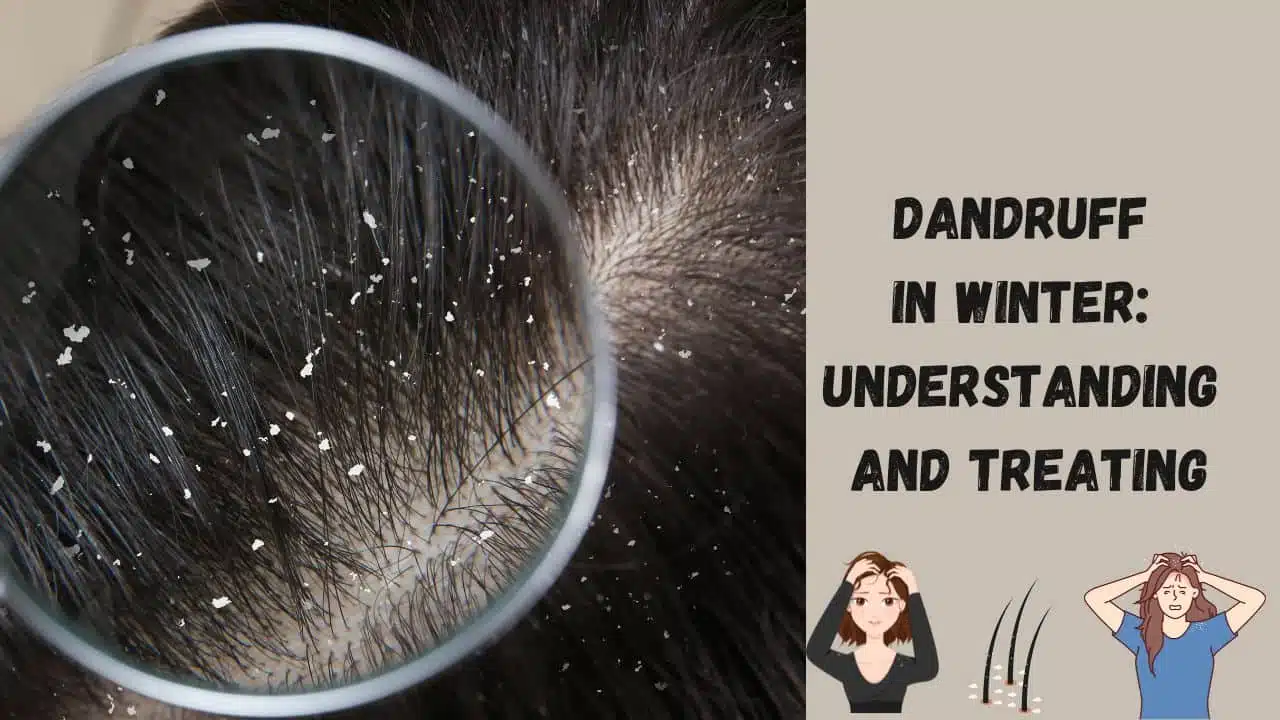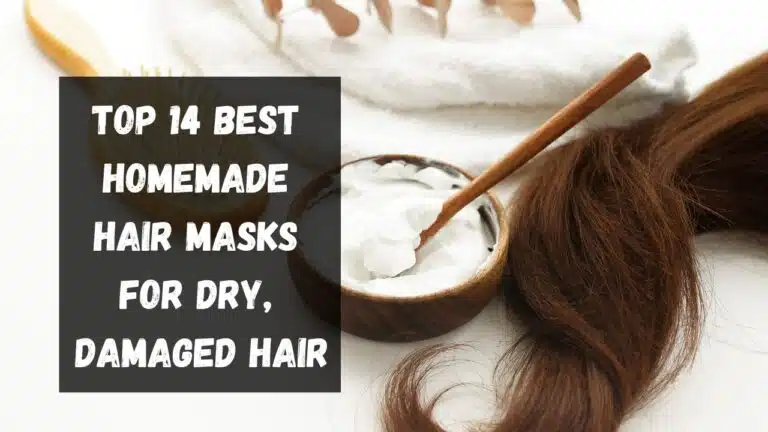Dandruff in Winter: Understanding and Treating
Introduction
In winter dryness of the skin and scalp is among the factors which causes dandruff. Dandruff in winter, which is an itchy, flaky scalp, can increase due to a mix of environmental variables and lifestyle decisions. Importantly, it is wise to understand and treat the same invoking special challenges to the scalp health in the cold weather.
It is quite uncomfortable and may cause hair fall and scratching. In this blog we will explore what dandruff is, its causes and how to remove it effectively using natural solutions.
What is Dandruff?
Dandruff is a prevalent scalp condition featuring flaky skin that peels off the scalp. It frequently comes with scratching and causes embarrassment for many. Dandruff can happen year round but seems to be more common in the winter season.
Causes of Dandruff in Winter
The main cause of dandruff in winter is the dryness of the skin and scalp. In winter, the cold air that is outside combined and with the dry indoor heating can remove the moisture from our skin which then leads to dryness. When our skin on the scalp becomes dry it can begin to flake off which is known as dandruff.
The insufficient moisture in the air is yet another factor that can cause dandruff. The winter air tends to be dryer which may lead to worsening of the dryness of our scalp. Furthermore, the scarcity of sunlight during the winter also takes a toll on our scalp condition as sunlight supplies necessary nutrients and moisture to our skin.
Identifying Dandruff vs. Dry Scalp:
In the middle of winter’s extreme cold, the difference between the slight shades of dandruff and a dry scalp needs to be made. Symptom overlaps, though possible, do require exact categorization in order to apply an efficient therapy. This part elaborates on the unique features, the importance of accurate diagnosis and how to seek the professional help.

Distinguishing Symptoms:
· Dandruff: Characterized by oily, large flakes which might appear yellowish. It normally is accompanied by scalp itching.
· Dry Scalp: Causes small dry flakes that don’t itch much. The scalp feels tight and uncomfortable.
Importance of Accurate Diagnosis:
Mistaking dandruff for dry scalp and vice versa lead to ineffective treatment. Revealing the exact situation allows us to apply proper methods.
Seeking Professional Advice:
Unless the doubt remains, seeing a dermatologist or a healthcare professional is recommended. They will carry out the comprehensive evaluation and if needed conduct the tests to nail the underlying cause.
At-Home Diagnosis Tips:
· Observation: Pay attention to the shape and color of flakes, also associated symptoms like itching.
· Hair Care Product Assessment: Analyze the influence of your current hair haircare regime on the condition of your scalp.
· Trial and Error: Experiment with scalp care products to see how your skin responds.
Treating Dandruff in Winter
If you suffer from dandruff in winter, then don’t worry. There are quite a few natural remedies that will help to reduce dandruff and relieve the symptoms.
1. Sesame Oil
In fact, sesame oil is a good treatment for dandruff since it is a nourishing agent. It has vitamins, minerals, antioxidants which nourishes your hair and prevents hair dryness as well as dandruff. Apply sesame oil to your scalp frequently for the best outcome.
2. Eucalyptus Oil
Eucalyptus oil is known for its antimicrobial effects against bacteria and fungi which makes it a perfect remedy for dandruff. The shampoo is helpful in getting rid of fungal infections that lead to dandruff, thus preventing further hair loss. Combine a few drops of eucalyptus oil with your daily shampoo and wash your hair normally.
3. Extra Virgin Coconut Oil
There are many that prefer Extra virgin coconut oil because of the different benefits include. It gives super- hydration to your scalp, helps to maintain the health of your hair roots and fights dandruff as well. Apply extra virgin coconut oil onto to your scalp and allow it soak in for best results.
Using the Best Ever Antidandruff Hair Oil
If you want to have a hair oil which is the mix of these beneficial oils you can try the Best Ever Antidandruff Hair Oil. It is whipped up from a mix of sesame oil, eucalyptus oil and extra virgin coconut oil to get the best result in dandruff treatment.
How to Use the Best Ever Antidandruff Hair Oil?
In order to use this hair oil, first you should melt it by placing the bottle in warm water. Then, after melted, add two table spoon of the oil to your palm and mix with few drops eucalyptus oil. Use the mix all over your scalp and roots, leave it on for 30 minutes and rinse with a mild shampoo.
For best result, use this hair oil at least three times a week. With the regular use you will experience a visible decrease of dandruff and your hair will become smooth and shiny.
Conclusion
Dandruff in winter can be an irritating problem. Dandruff is an annoying issue especially in winter. But with the right remedies and treatment, you can effectively treat and prevent dandruff. Oils such as sesame oil, eucalyptus oil and extra virgin coconut oil have been found to help cure dandruff and encourages healthier hair.
The scalp needs to be taken care of especially during winter. It requires sufficient moisture. Through following the tips and using the Best Ever Antidandruff Hair Oil you can say farewell to dandruff and welcome to the healthy, beautiful hair.
FAQs
Q1. How do you get rid of dandruff in winter?
Cure winter dandruff through proper and regular hair wash, taking shampoos with the moisturizing effect, and also incorporating the natural remedies such as coconut oil or aloe vera masks. Stay hydrated and adapt your hair care regimen to winter drying conditions.
Q2. What season is dandruff the worst?
Dandruff can be also more severe in winter because of cold and dry air which strips the scalp of its moisture. Drying out of the skin due to lowered humidity and indoor heating systems promote formation of dandruff.
Q3. How can I remove dandruff from my hair?
Remove dandruff by using anti-dandruff shampoos with ingredients like zinc pyrithione or ketoconazole. Maintain good scalp hygiene, choose hair care products wisely, and consider natural remedies such as tea tree oil or aloe vera masks for nourishment.
Q4. Does dandruff cause hair fall in winter?
While dandruff itself may not directly cause hair fall, persistent scratching and irritation can weaken hair strands. Addressing dandruff and maintaining a healthy scalp in winter can contribute to overall hair health and reduce the likelihood of hair fall.






